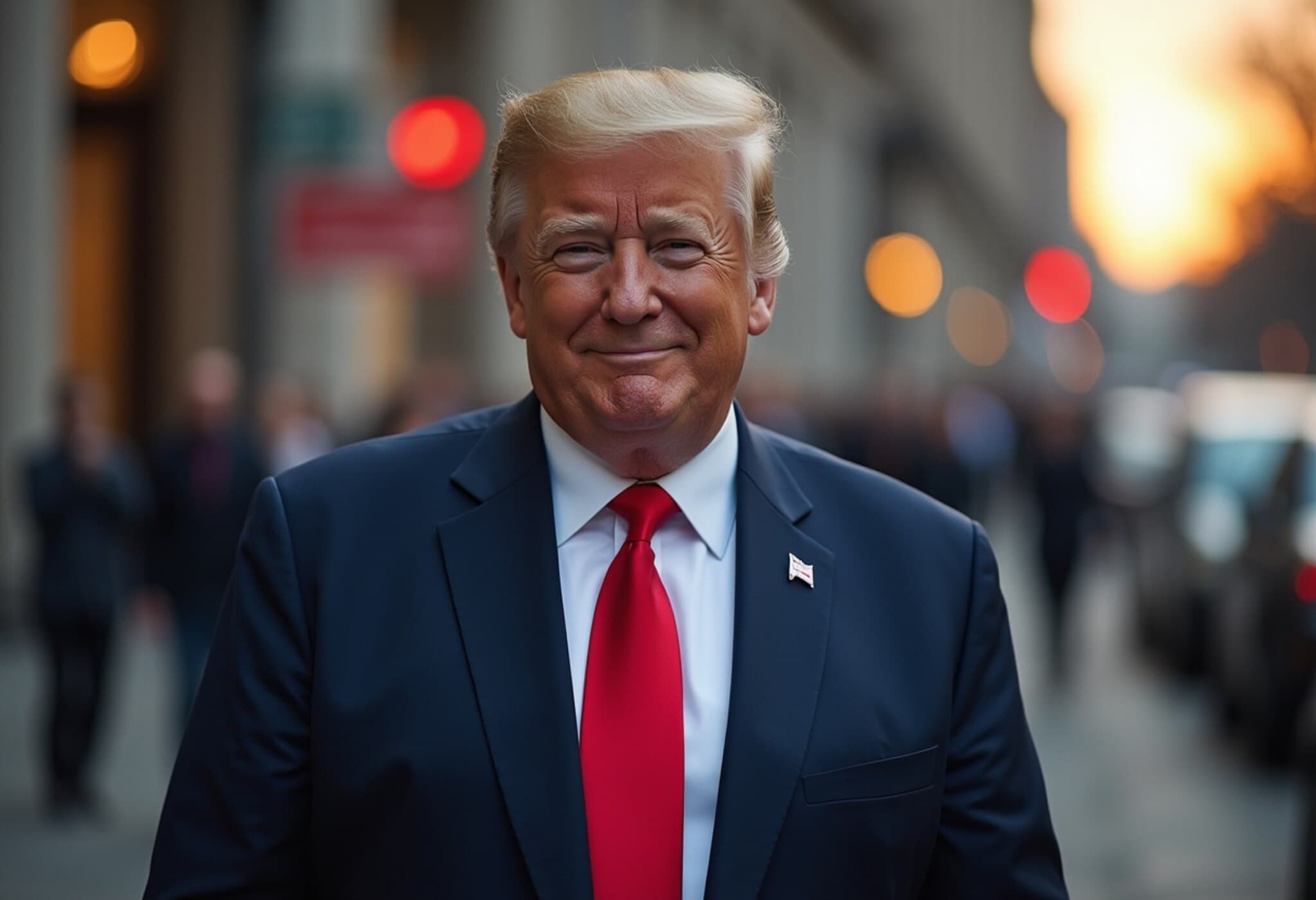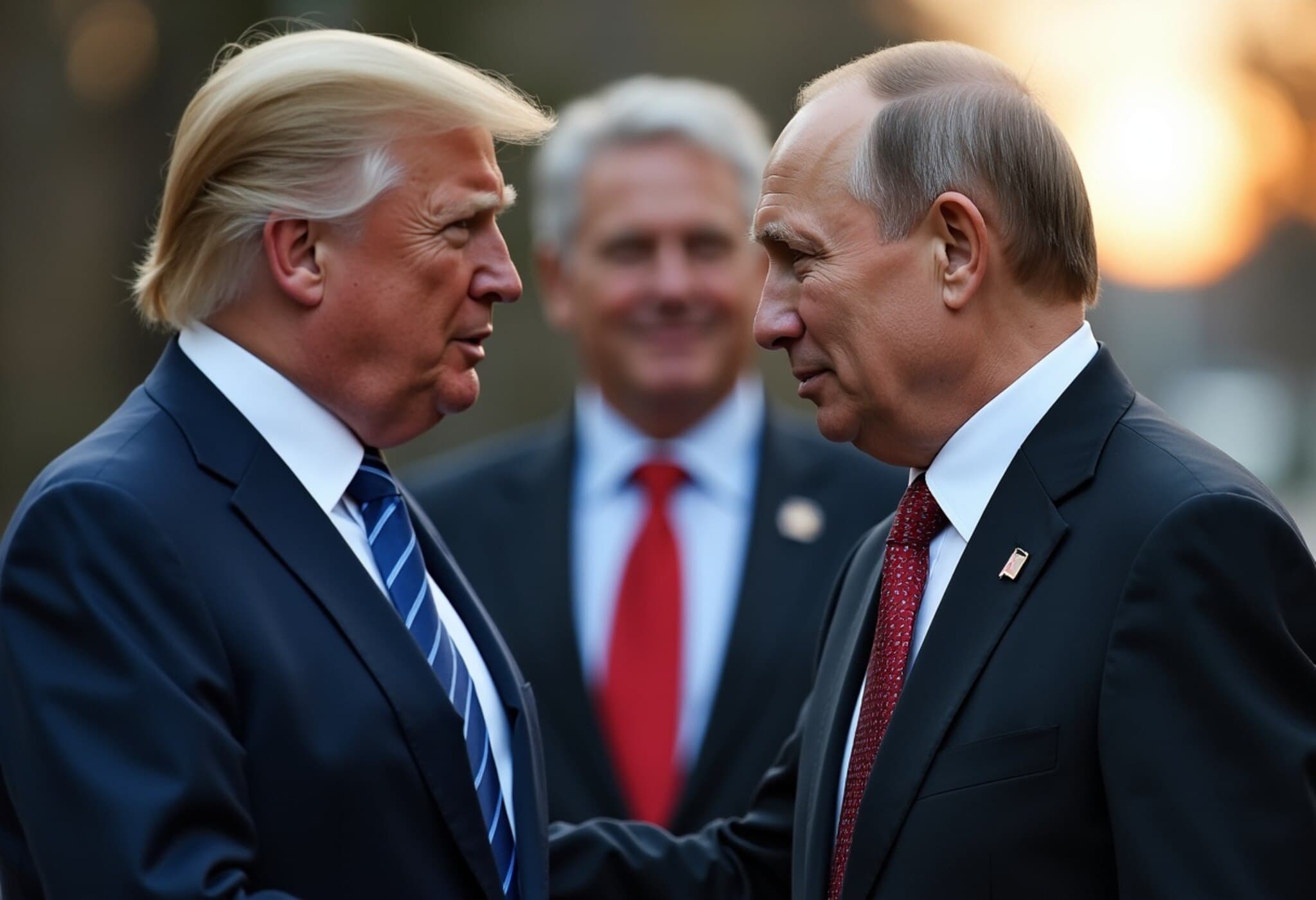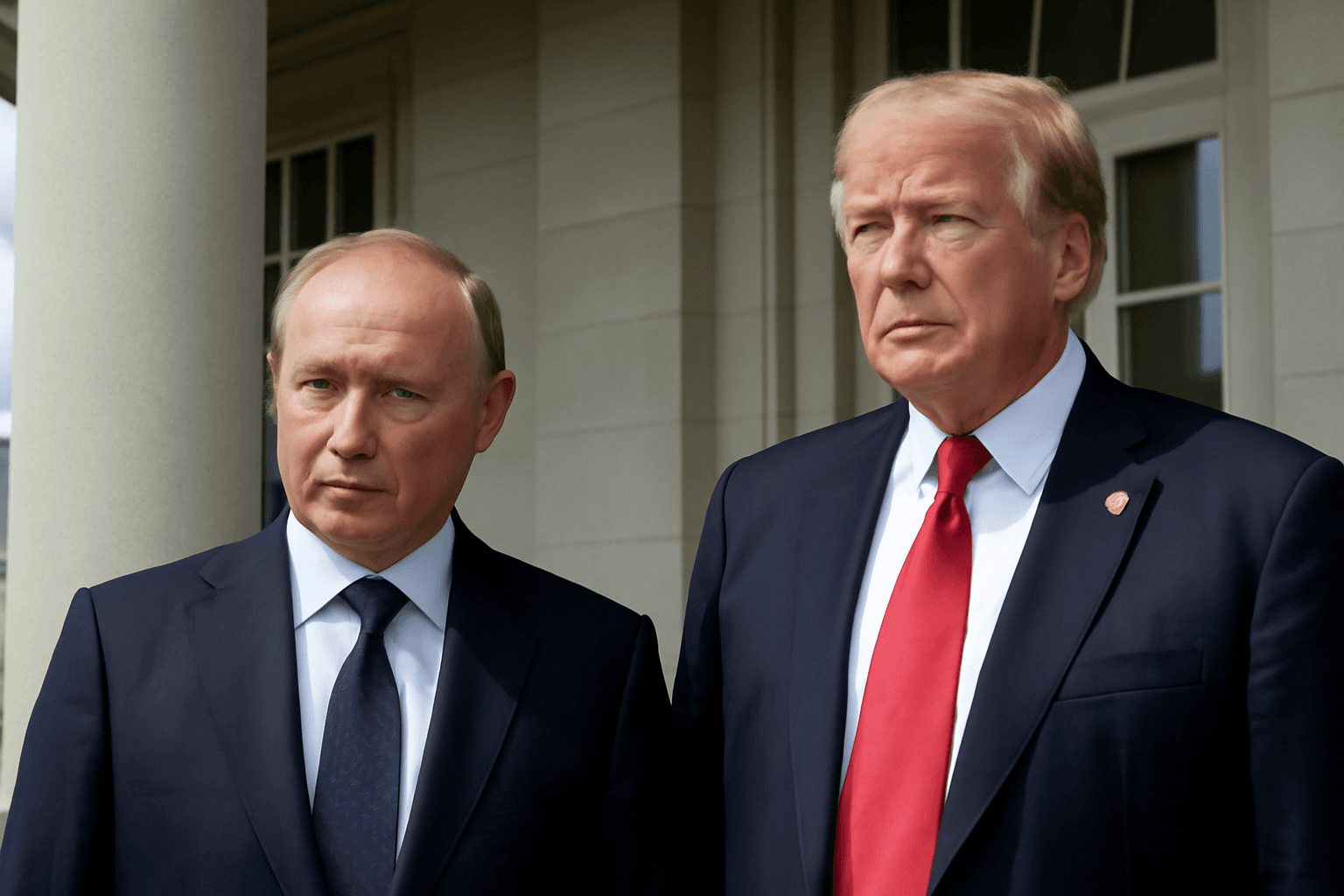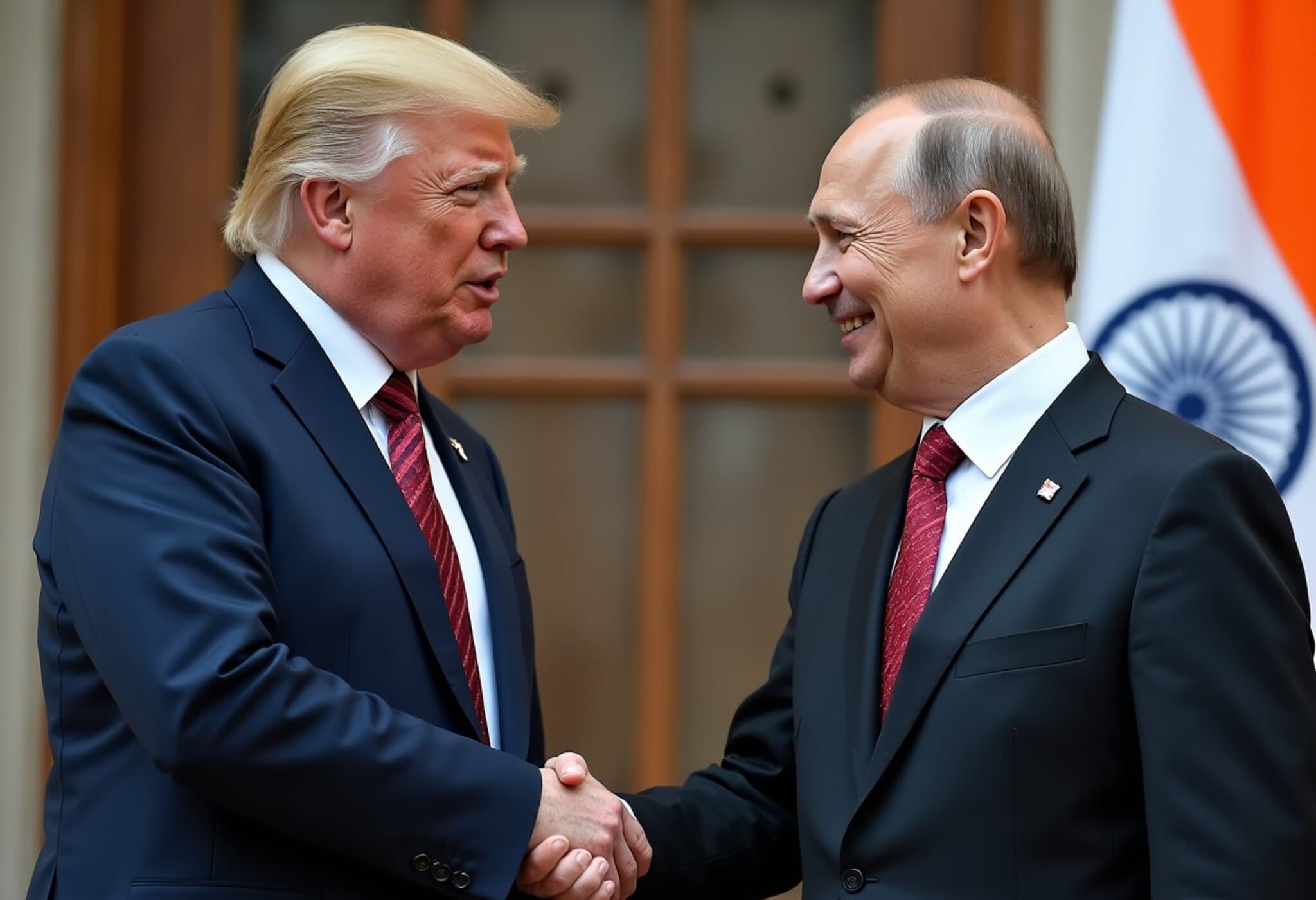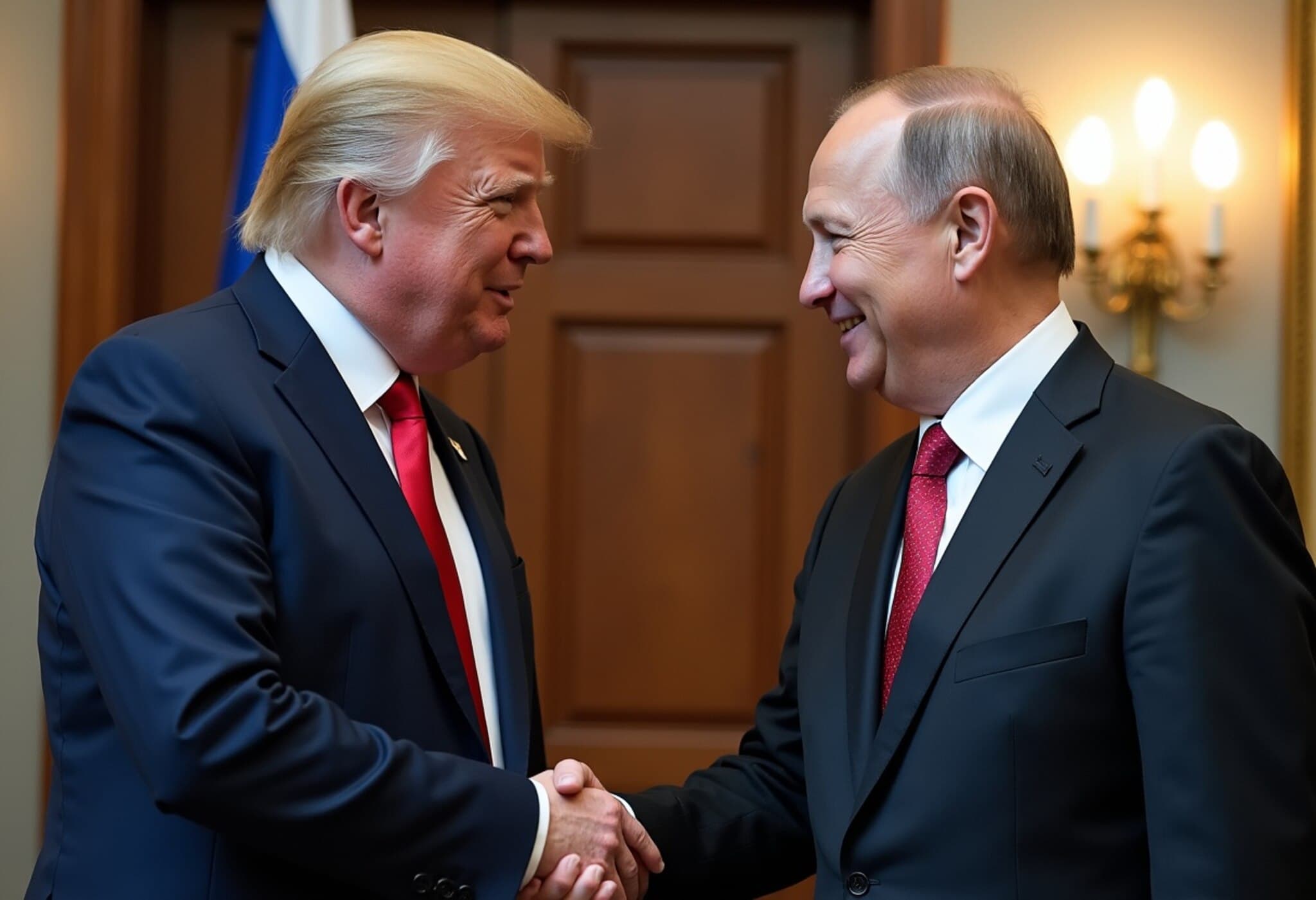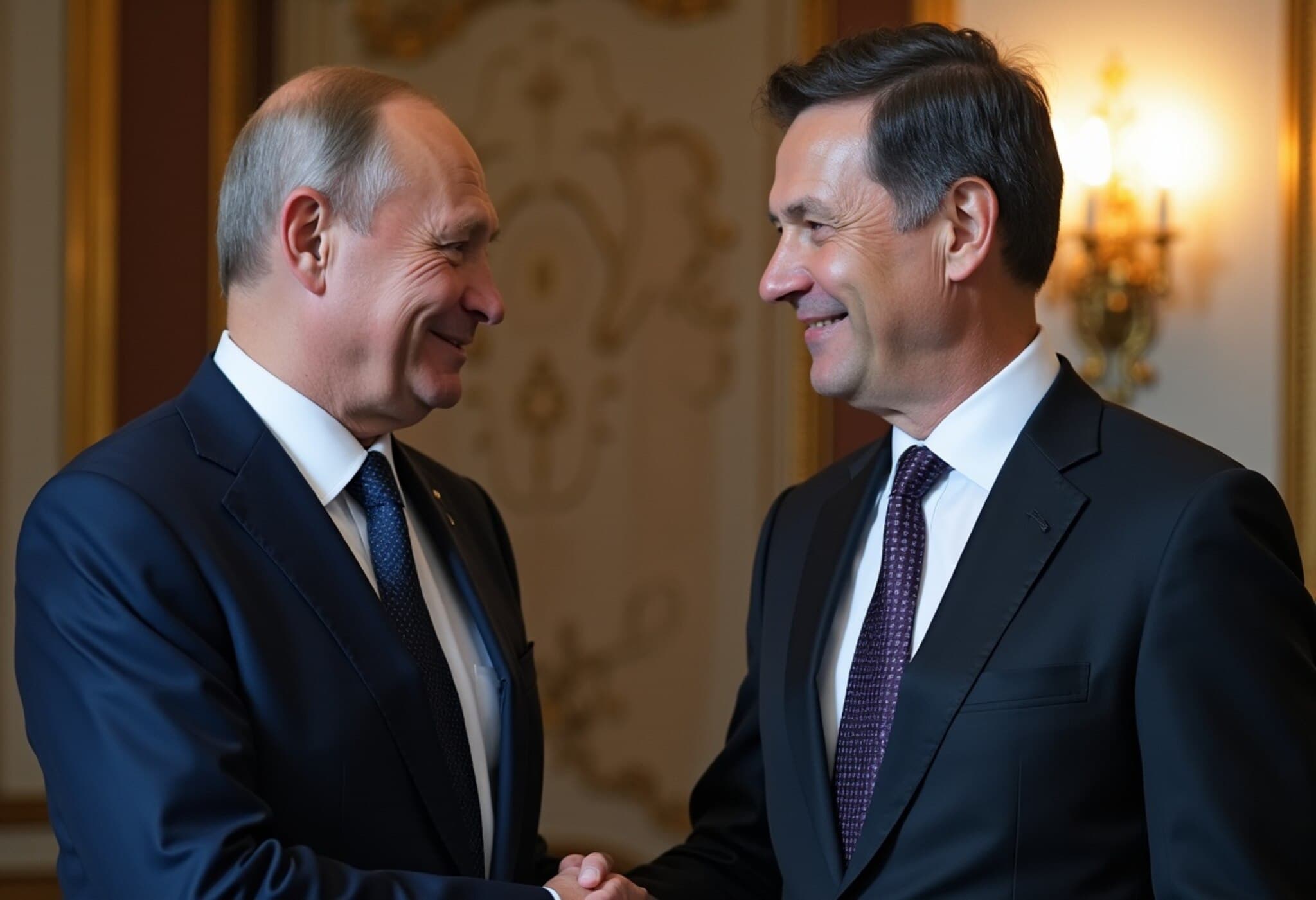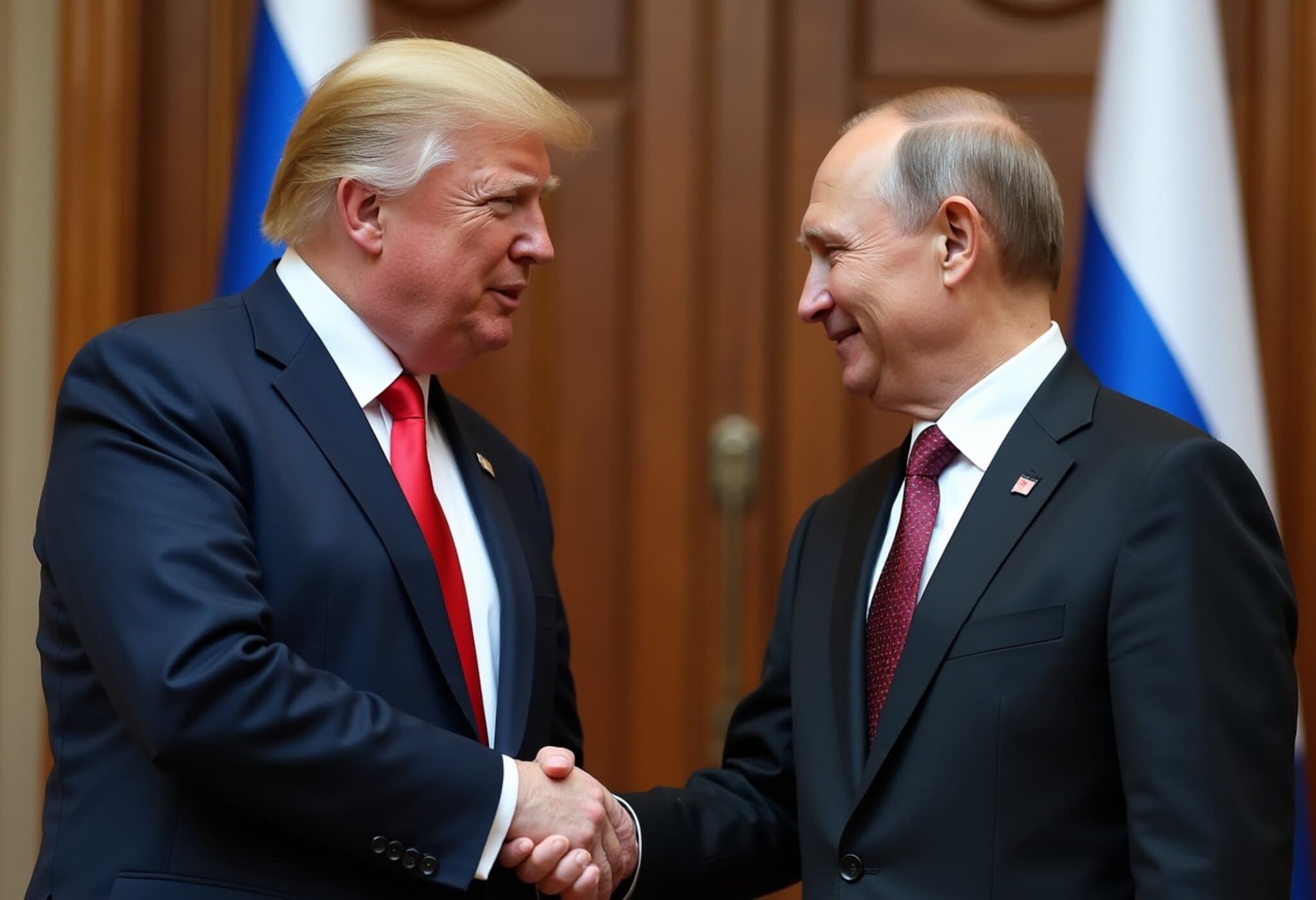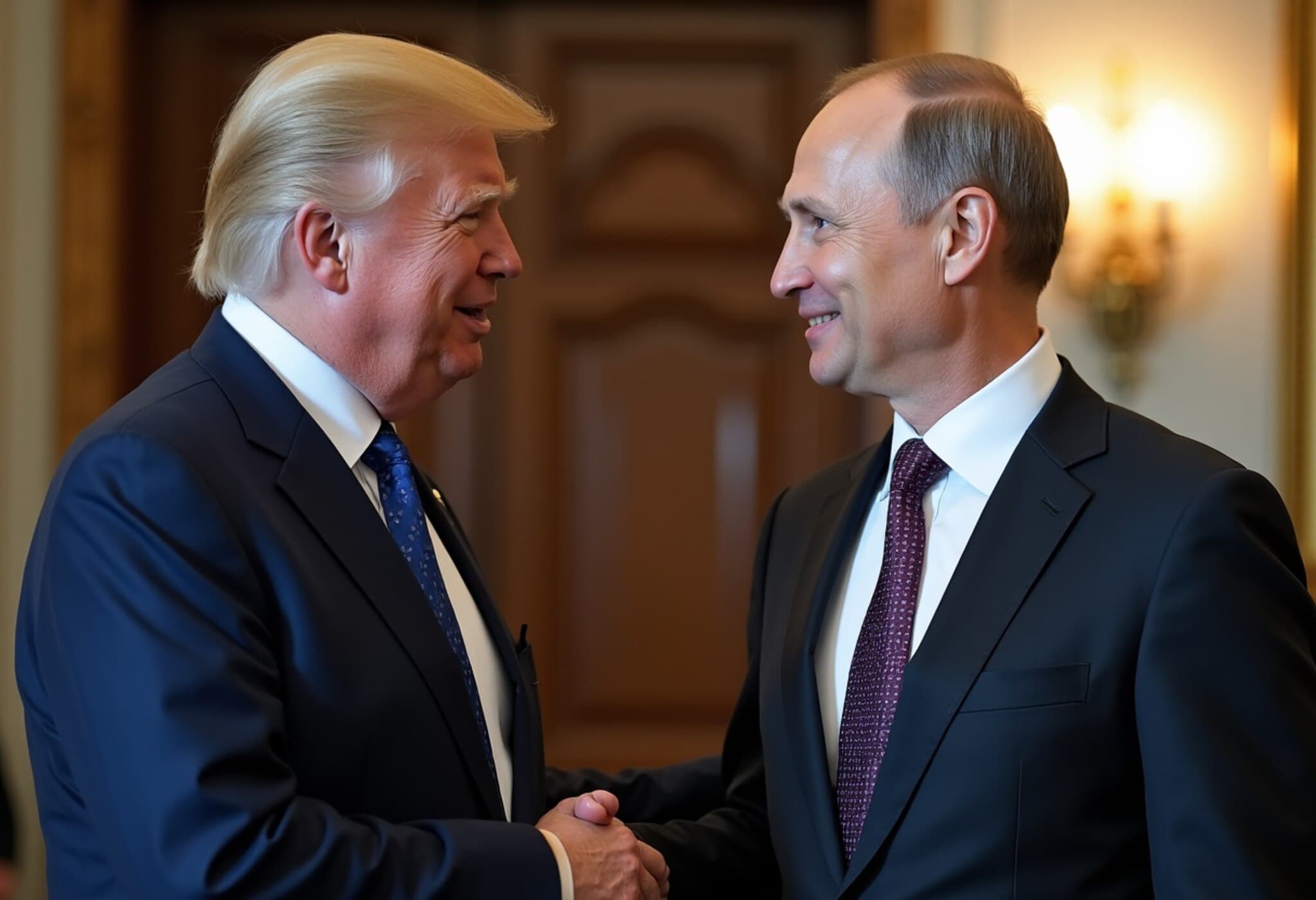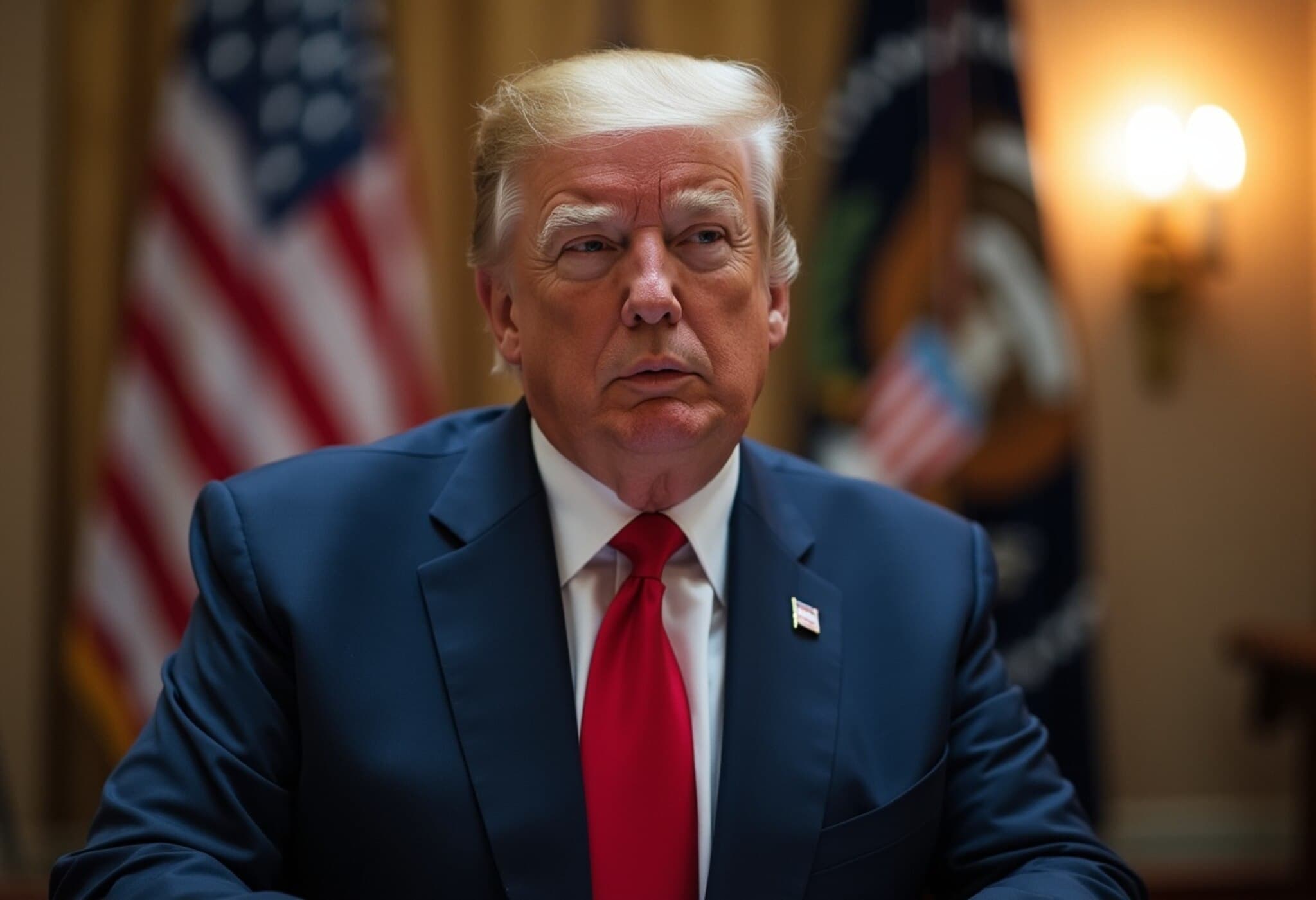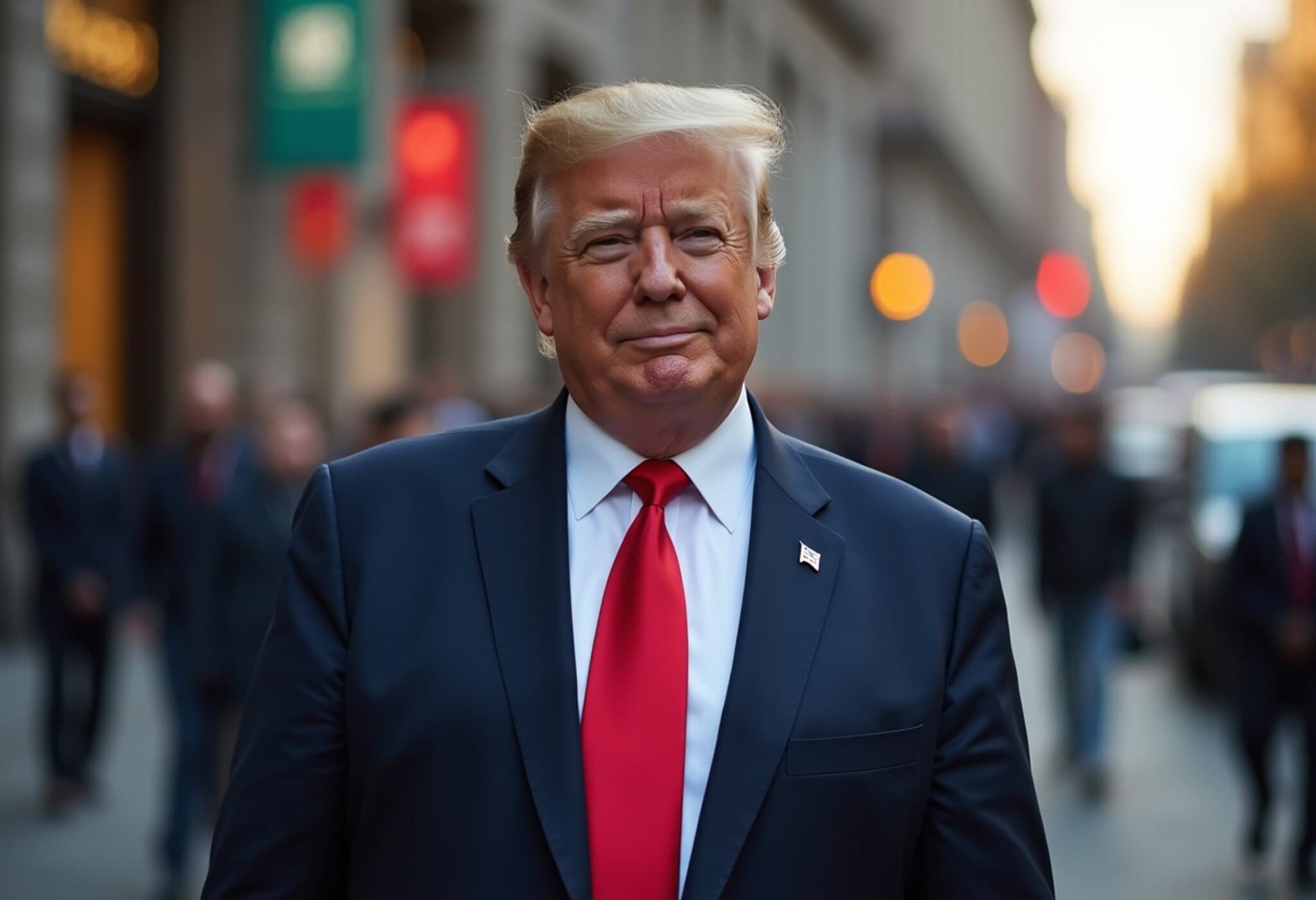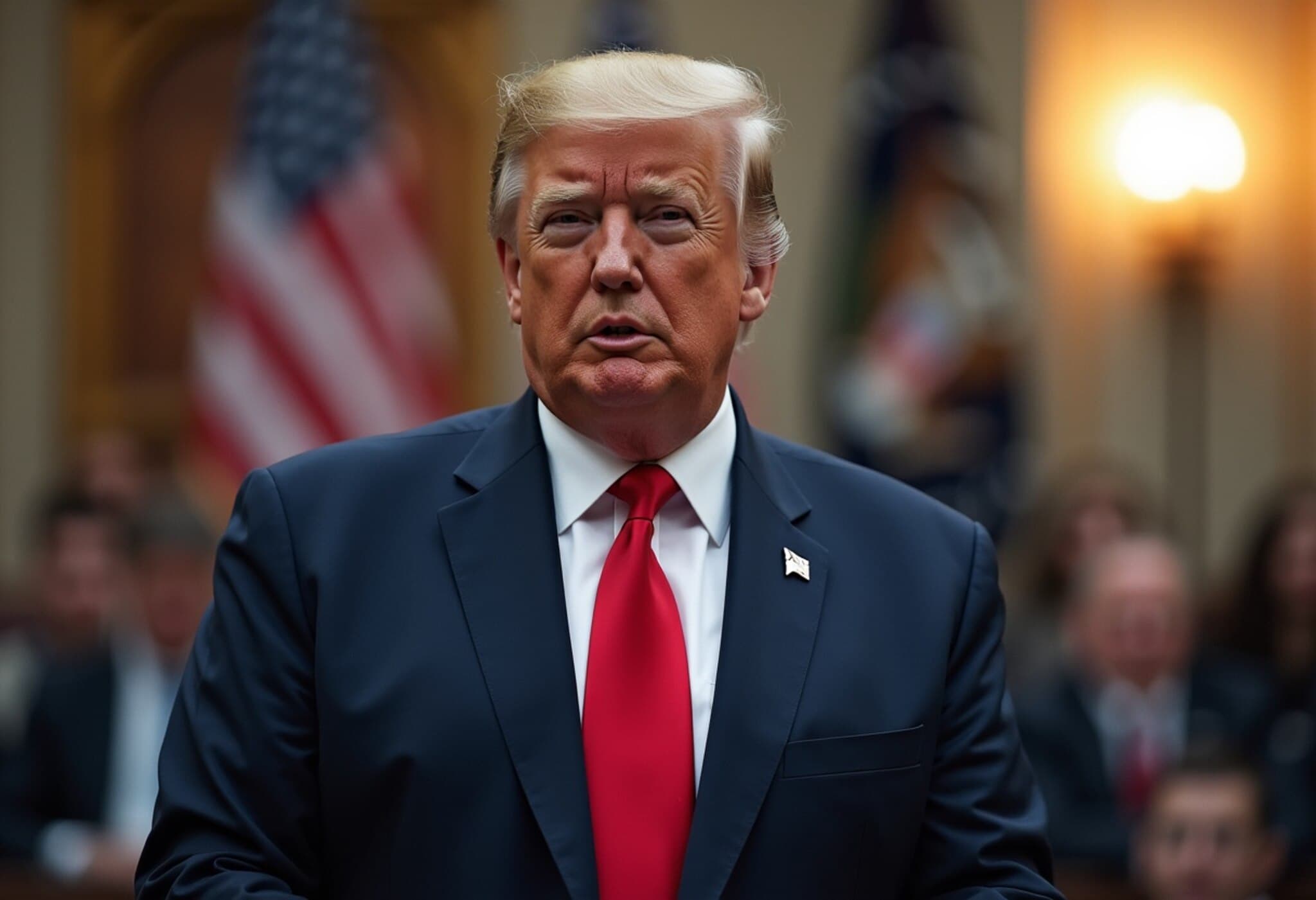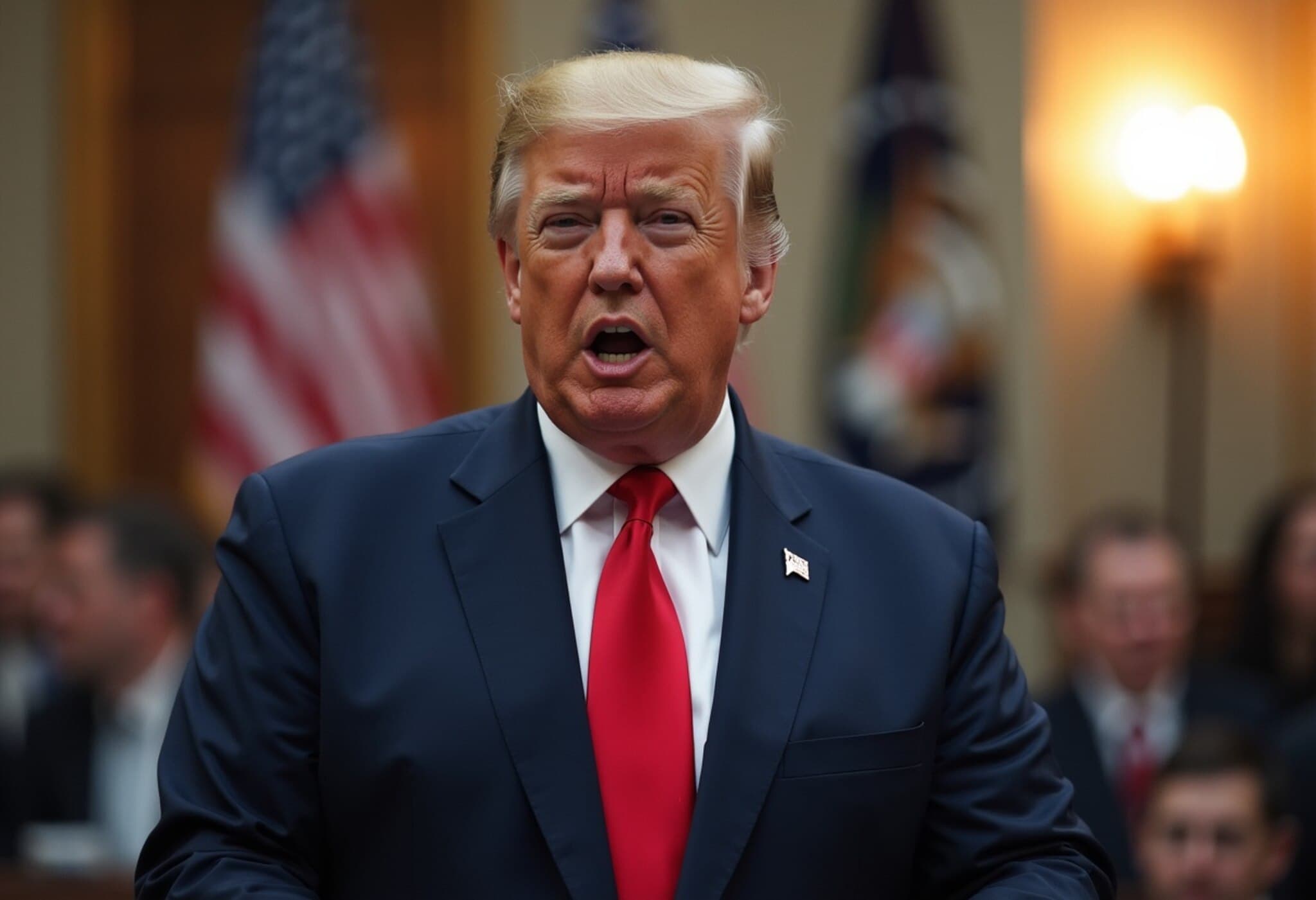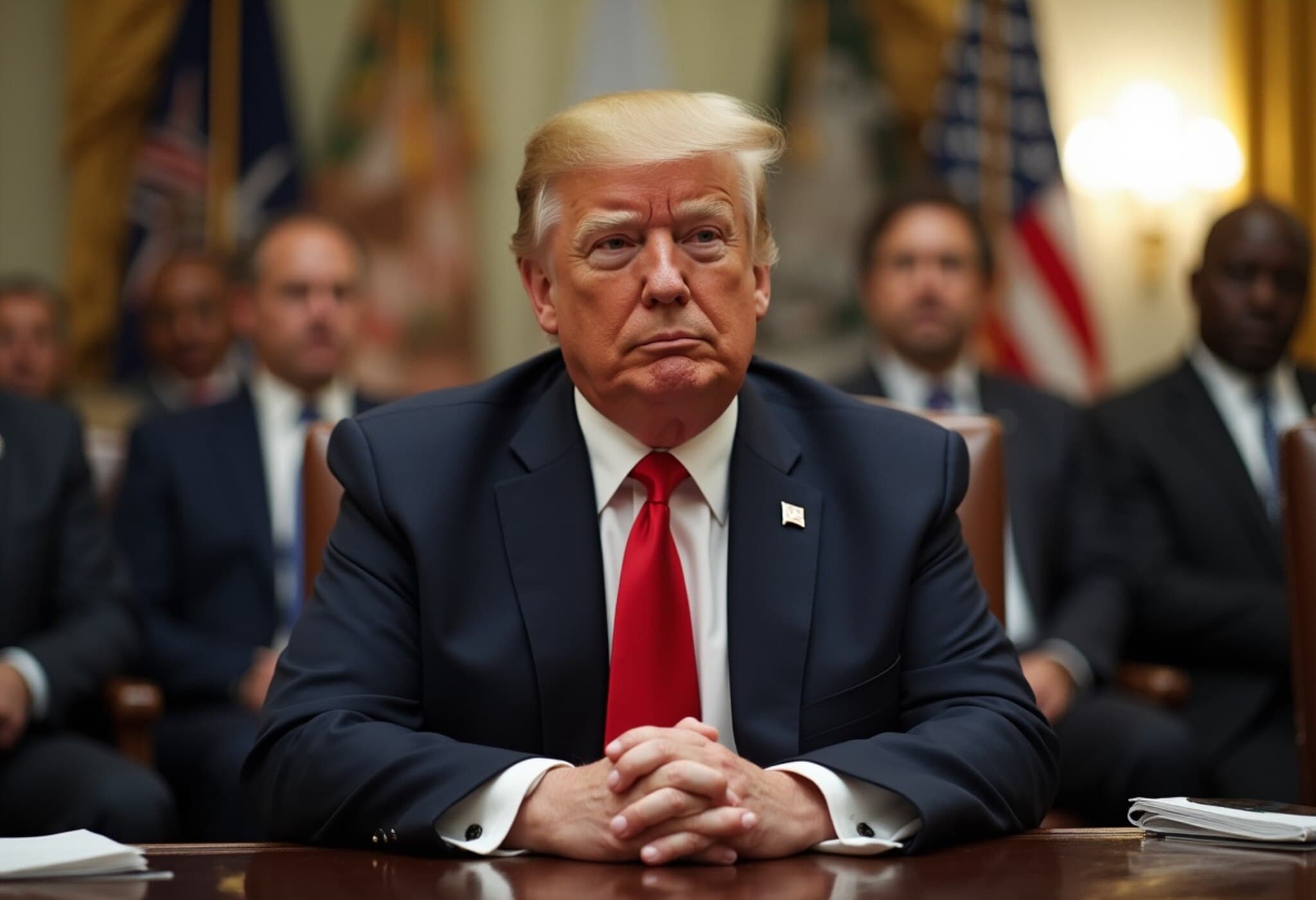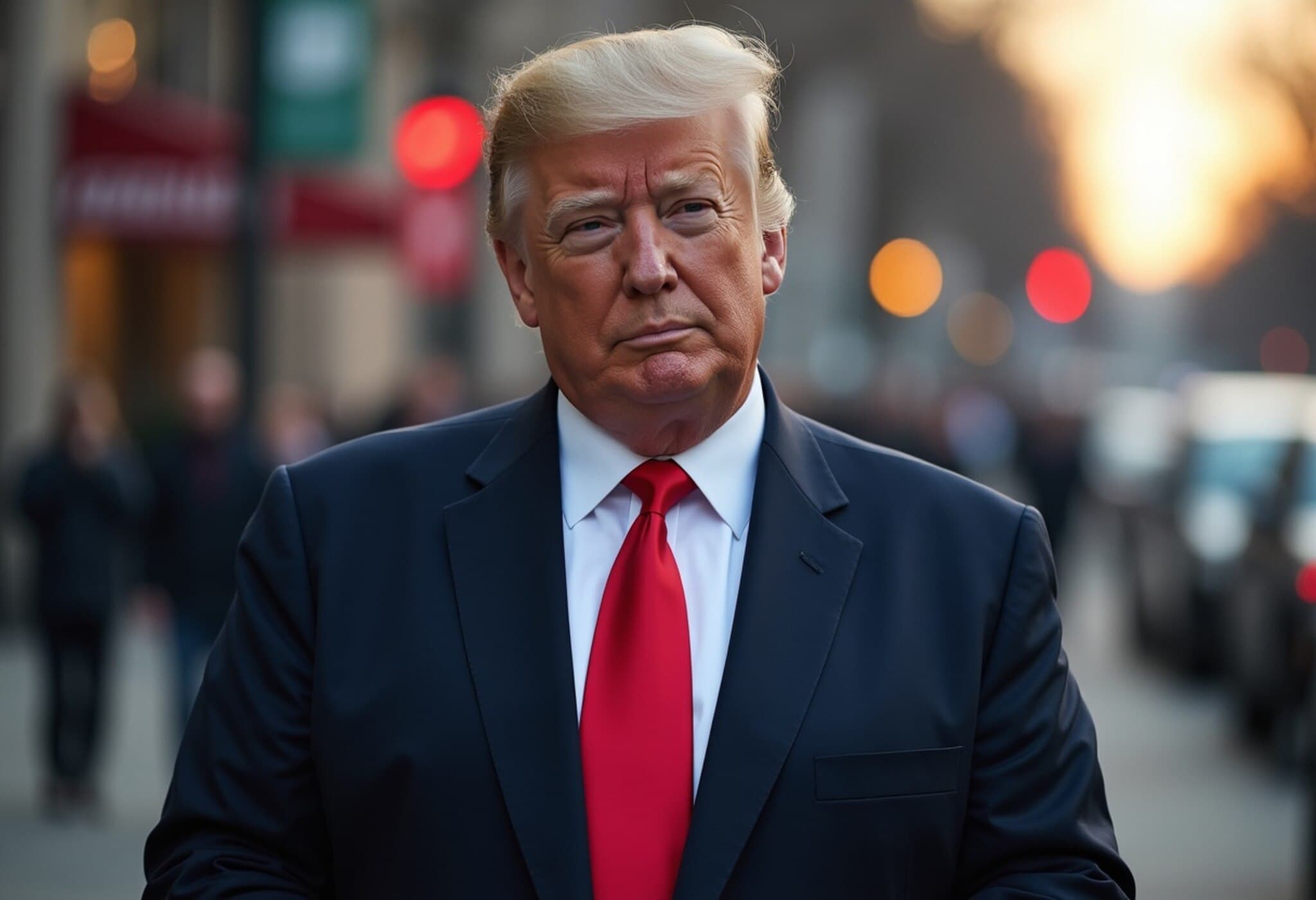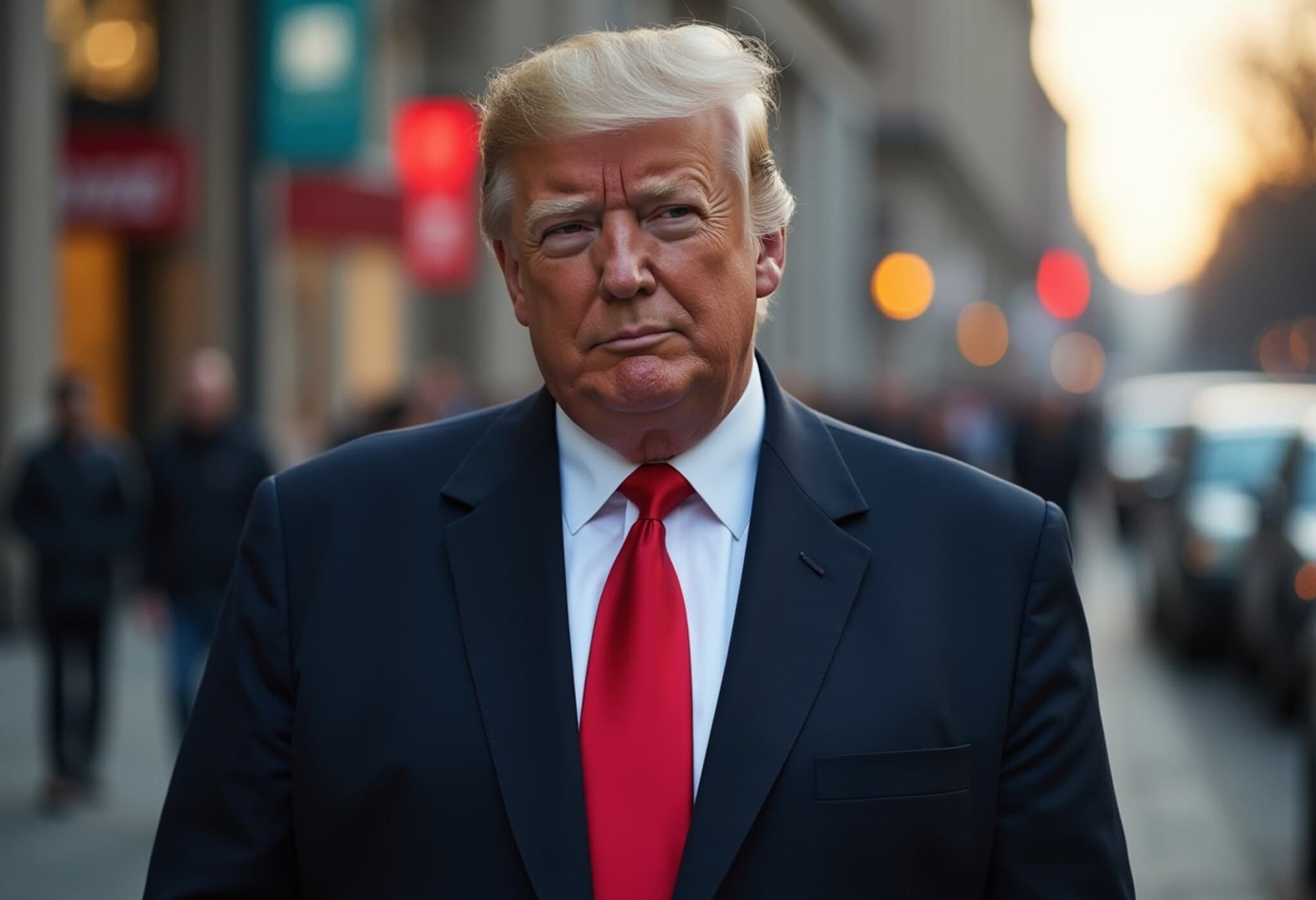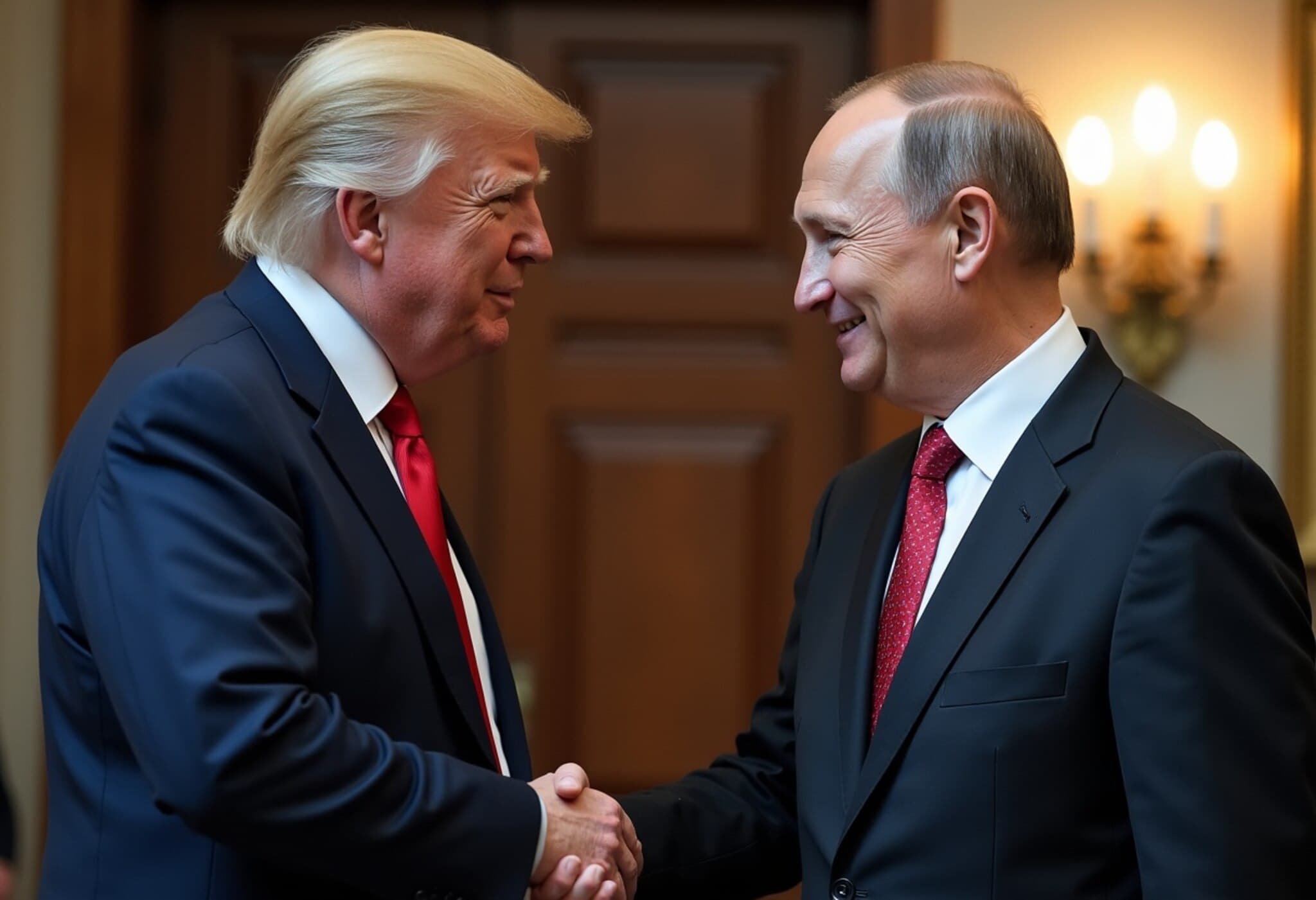Trump’s Expanding List of Multilateral Withdrawals: A Strategic Retreat?
Over the past several years, former President Donald Trump has steadily distanced the United States from numerous key international organizations and agreements. His recent decision to withdraw from the United Nations Educational, Scientific and Cultural Organization (UNESCO) marks yet another chapter in a broader skepticism toward multilateralism that has defined his foreign policy approach.
Why Withdraw from UNESCO?
The Trump administration cited what it called UNESCO’s embrace of “woke, divisive cultural and social policies,” along with the organization's recognition of Palestine as a member state in 2011, as primary reasons for the exit. White House officials characterized UNESCO’s agenda as being at odds with traditional American policies and values, particularly highlighting support for Palestine as conflicting with U.S. commitments to Israel.
A Pattern of Multilateral Retreat
UNESCO is the latest in a series of significant pullouts under Trump’s tenure:
- Paris Climate Agreement (2017): The U.S. left the global accord aimed at limiting climate change, citing economic burdens.
- Trans-Pacific Partnership (TPP) (2017): Withdrawal from this major trade deal was part of the “America First” economic strategy.
- Iran Nuclear Deal (2018): The U.S. exited the agreement negotiated under the Obama administration.
- World Health Organization (WHO) (2025): Ceased participation, citing dissatisfaction with the organization's handling of pandemics.
- United Nations Human Rights Council & UN Palestinian Agency: Withdrawals reflected concerns over perceived anti-Israel biases and inefficacies.
Moreover, Trump’s unsettling comments about NATO and initiatives to review critical security partnerships, such as the AUKUS pact with the UK and Australia, have injected further uncertainty into long-standing alliances.
Unilateralism vs. Global Leadership
Trump’s resolute skepticism of multilateral institutions reflects a broader America First philosophy—prioritizing domestic agendas over international collaboration. While this stance appeals to segments of the U.S. electorate frustrated with globalization, it raises pressing questions about the long-term strategic costs for American influence worldwide.
The Geopolitical Vacuum: China and Russia’s Ascendance
Experts warn that every American withdrawal from multilateral institutions or global agreements creates openings for rival powers—primarily China and Russia—to expand their diplomatic and economic influence.
Professor Tej Pratap Singh from Banaras Hindu University notes, "When the United States retreats, other global powers, particularly China, eagerly fill the void, enhancing their footprint across strategic regions." He highlights China's proactive outreach in Africa and the Global South, regions critical to future geopolitical balances.
Humanitarian and Strategic Costs
Beyond geopolitics, cutting back on U.S. foreign aid through agencies like USAID dismantles decades of goodwill and partnerships critical to addressing health, education, and development challenges—domains where China actively invests as part of its Belt and Road Initiative.
This retrenchment risks ceding moral and diplomatic leadership, while empowering authoritarian regimes under the guise of global partnership.
Critical Perspectives and Future Implications
While the Trump administration framed withdrawals as reclaiming American sovereignty and rejecting perceived ideological overreach, critics argue such moves undermine multilateral frameworks that have historically helped stabilize international relations.
As the United States contemplates its post-Trump foreign policy under the Biden administration, a key question emerges: Can America reconcile national interests with global partnership to counterbalance rising powers effectively?
Unpacking Underreported Narratives
- Domestic Political Calculus: How much of this retreat is driven by catering to domestic political bases skeptical of globalization?
- Impact on Allies: What are the long-term effects on U.S. credibility with allies and partners expecting consistent support?
- Global Governance Reform: Could America’s exit prompt meaningful reforms in international institutions, or simply cede power to less democratic actors?
Editor’s Note
The broad exodus from multilateral organizations under the Trump administration reveals a decisive shift in American foreign policy, emphasizing sovereignty and unilateralism at the potential cost of global influence. While appealing to nationalist sentiment, these moves risk empowering strategic rivals and weakening long-standing partnerships essential to global stability.
Readers are encouraged to reflect on the delicate balance between national interests and global responsibility in an increasingly interconnected world. As new administrations navigate these complexities, the question remains: Will the U.S. reclaim its leadership role or continue to withdraw, leaving the stage to emerging powers?

